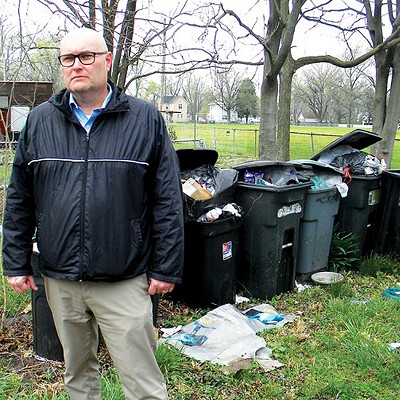On April 23 the U.S. Supreme Court will consider whether to allow a citizenship status question on the 2020 Census. The high court will need to reach a decision quickly once oral arguments are presented, because the Census Bureau intends to have questionnaires printed no later than June 30.
In 2016, Pew Research estimated that 3.2% of Illinois’ population was undocumented immigrants. Illinois elected officials, as well as other stakeholders, are already pushing a campaign to raise awareness about the importance of completing the 2020 Census. Most are concerned that the citizenship question will be an additional barrier to the collection of questionnaires the state desperately needs completed by all residents, regardless of immigration status, because the state stands to lose federal funding if the count reveals a population decline.
It’s estimated approximately 19% of hard-to-count residents, mostly minorities and those living in rural communities, were missed during the 2010 count. Opponents of the citizenship question on the census say it would add an additional intimidation factor, which would result in an undercount.
Illinois lost $122 million in health and human services funding for every 1% of the population not counted in the 2010 census, according to a 2018 report from the Illinois Complete Count Commission. If Illinois can’t accurately count its undocumented population, it stands to lose at least $366 million in funding for human services alone.

















